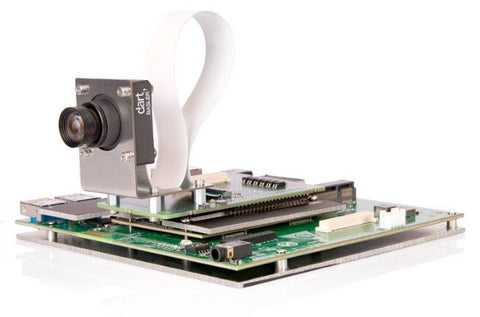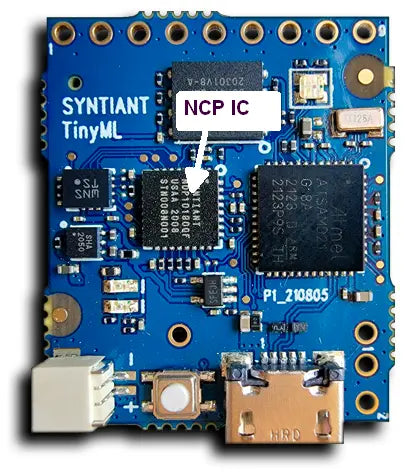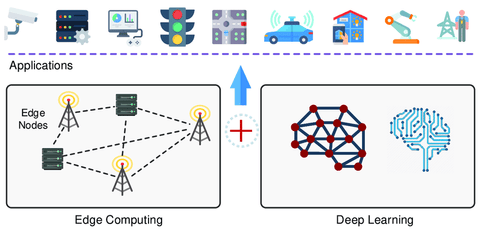Introduction.
Are you a DIY enthusiast looking to take your projects to the next level? Or perhaps an electronic hobbyist searching for a new challenge? If so, then it's time to look into AI electronic modules! This article will explore the basics of artificial intelligent electronic modules—specifically Neural microcontrollers (NCP processors)—and their benefits. We'll also provide some examples of projects that can be built with them. So let's get started!
The potential applications of AI in electronic modules are seemingly endless. With NCPs, developers can create complex systems that automate tedious tasks and provide enhanced capabilities to their users. As this technology continues to evolve, we will see more creative uses for these powerful tools as they become increasingly accessible to a broader population of engineers and makers alike. From automating factories on an industrial scale, and learning processes as they operate, to powering home automation projects in our own living rooms, there is no denying the power of what an artificial intelligence-enabled module can do. Yet, we've only just begun exploring this fascinating world.
I am not an AI module, but you have a question I can answer.
The answer is YES. We will stock some of them very soon. As I write this post, our procurement girls are sourcing some already. Our tech team can not wait to get their hands on them to do cool step-by-step projects for you!
What is an AI Electronic Module?

Artificial intelligent electronic modules are computer processors on a circuit board that can be used in various projects. It differs from general microcontroller development boards like the Arduino Uno as it includes a Neural microcontroller. The module contains all the components and software needed for a functioning project. Most have a camera connector and often a screen output if you want to do facial recognition etc. These modules come with the usually expected output and input pins and usually a high-end MEMS microphone for voice recognition,
The heart of these boards - A Neural microcontroller (NCP).

A Neural microcontroller (NCP) is an advanced form of an artificially intelligent microcontroller. It incorporates a computer processor, often designed with specialised functions for specific tasks, in a compact, circuit board-like package. The processor is typically connected to several sensors and other external devices, allowing it to interact with its environment and make decisions based on the data it receives.
NCPS can be used in various applications, such as automated home systems, robotic assistants, and machine vision. They are also helpful in controlling industrial machinery and embedded systems.
In addition, NCPs offer enhanced performance and lower power consumption compared to other types of processors.
One of the most popular uses for NCPs is in developing autonomous vehicles. They can process large amounts of data from multiple sensors, including GPS, cameras, and radar, to make real-time decisions about their surroundings, and they do that super fast. Then, with the help of artificial intelligence algorithms, an NCP can be programmed to navigate complex environments and even take corrective action when needed.
What makes NCPs so powerful is their ability to process data and respond quickly.
Some Project Examples to get your creative juices flowing.

There are countless ways to use NCP processors in your next project. Here are just a few examples:
- Building a robot that responds to voice commands.
- Designing a security system that can pick up humans 98% accurately.
- Creating an automated pet feeder that will recognise your pet.
- Open your gate when it recognises you and a specific hand movement like a thumbs up.
Conclusion.
With their advanced features and ease of use, it's no wonder why artificial intelligent electronic modules—and NCP processors specifically—have become "next level" among DIY enthusiasts and electronic hobbyists alike. Whether you're looking to build a robot or design your own gaming console, these modules will help make your project successful in no time! So go ahead and get creative—the possibilities are endless for using NCP processors!
